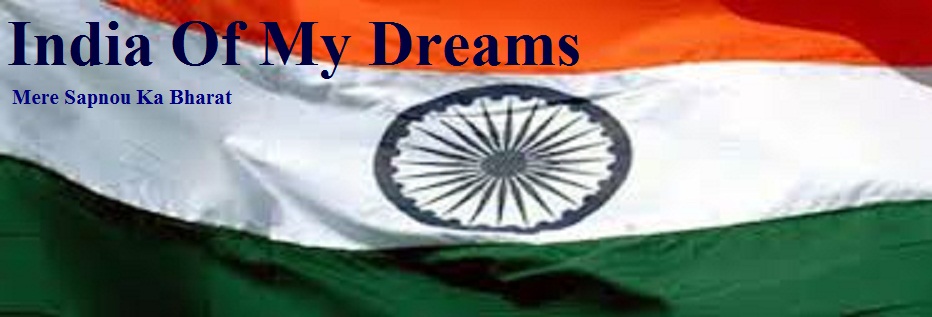When we take an overview of members of Indian Parliament and assemblies, we can conclude that Indian Parliament and Assemblies are full of aged members. It seems if you’re below 75 years you will be treated as a baby in the Parliament and Assemblies. It has become a myth in India that representation and ministry could only be fulfilled by a person above 75 years.
In Executive of India the retirement age is 55-60 years, implies Indian executive assumes that after 50-60 years the person becomes un-productive. The person is assumed to be having medical conditions which could hinder the person from productive output. It is not an official stand although but a de-facto. Another valid reason for it is fair chances to youths could be provided. Indian Judiciary also follows the pattern of Indian Executive.
If the above two paragraphs are compared there appears a shear contradiction in Indian Executive and Indian Judiciary on one side and Indian Legislatures on the other side. Thus, it is evident that Youths in India are not represented by youths. When women could only be represented by women, Dalits could only be represented by Dalits, Anglo-Indians could only be represented by Anglo-Indians; then, why youths in India are represented by seventy and eighty above persons, with whom youths have a large age gap?
Indian demography states that a large portion of Indian population comprise of young people, are youths in Parliament and assemblies equivalent to their proportion in demography? Youth is the face of a country; they have their peculiar problems related to the current time. Youths are the changing face of the country; youths are the bridge between yesterday and tomorrow. Their issues, expressions and opinions could be completely comprehended only by them.
Thus, Indian Parliament and Assemblies should have youth equivalent to their demographic proportion. Increase the percentage of members who are youth and middle aged and decrease the percentage of above 70s above 80s members from Parliament and Assemblies. Indian Constitution states the legal age of 25 years to be a Member of Parliament, Founding Fathers aspired for a dynamic democracy and never wished for lethargic, ill and conservative democracy!
I completely agree with the fact that to deliver the duty of representation and ministry is very demanding and full of responsibility, which most of time could not be delivered properly and responsibly by a youth who lacks hardcore experience of governance. I also agree to the fact that aged (70 and 80 plus) Members in Parliament act like pillars of a strong wall, but to imagine a wall made up only of pillars and few or no bricks is absurd, a large number of bricks are needed between those pillars. Youths are the Bricks!
Youths have dynamism and aspiration but they could easily be tricked by foreign powers, who could possibly use youths in Indian Parliament as pawns and leverage for their advantages against India. I thus simultaneously want only groomed youths who could match quotient of hardcore governance to flood the Indian Parliament and not youths who are just concerned about private motives due to the influence of youth age.
Therefore, I feel youths who have cleared the IAS exams but where not selected to IAS, they should be given tickets by political parties to contest elections and become members of Parliament in Lok Sabha. Similarly the Youths who cleared State Administrative Services exams but could not find themselves selected, they should be given tickets to run for Assemblies’ elections, these youth should also be sent to Indian Parliament in Rajya Sabha. This policy should be run until our Parliament and Assemblies become true representation and miniature of our demography.
I also feel, other reservations should be made in Indian Parliament and Assemblies to match the demography in terms of (Man-Woman), (Rural-Urban), (Primary/ Secondary/ Tertiary workers), (Exporters/Importers), (Doctorate holders) etc. Election Commission of India should analyse how many seats should be reserved for Doctors, Engineers, Lawyers, Labourers, Teachers, Farmers, Scientists, Ex-Defense persons, Ex-Judicial persons, Fishermen, Tribal, Ex-Police persons, Exporters, Importers, Tourism sector persons, Child activists, Forest-Animal activists, Social activists, Pollution activists, Historians, Architects, Artists, Sports persons’ (Olympic etc medallist).
India is a Secular country thus reservation on grounds of religion in a simplistic manner would show negative repercussions, thus others grounds should be searched for accommodation of religious representations.
When Indian Parliament and Assemblies become true miniature of our demography we will surely become a true democracy. Youth reservation in Indian parliament is true foundation a milestone for such an aspiration.
In Hindi: Bhartiya Sansad Aur Vidhan Sabhao me Naujawan
In Hindi: Bhartiya Sansad Aur Vidhan Sabhao me Naujawan




No comments:
Post a Comment